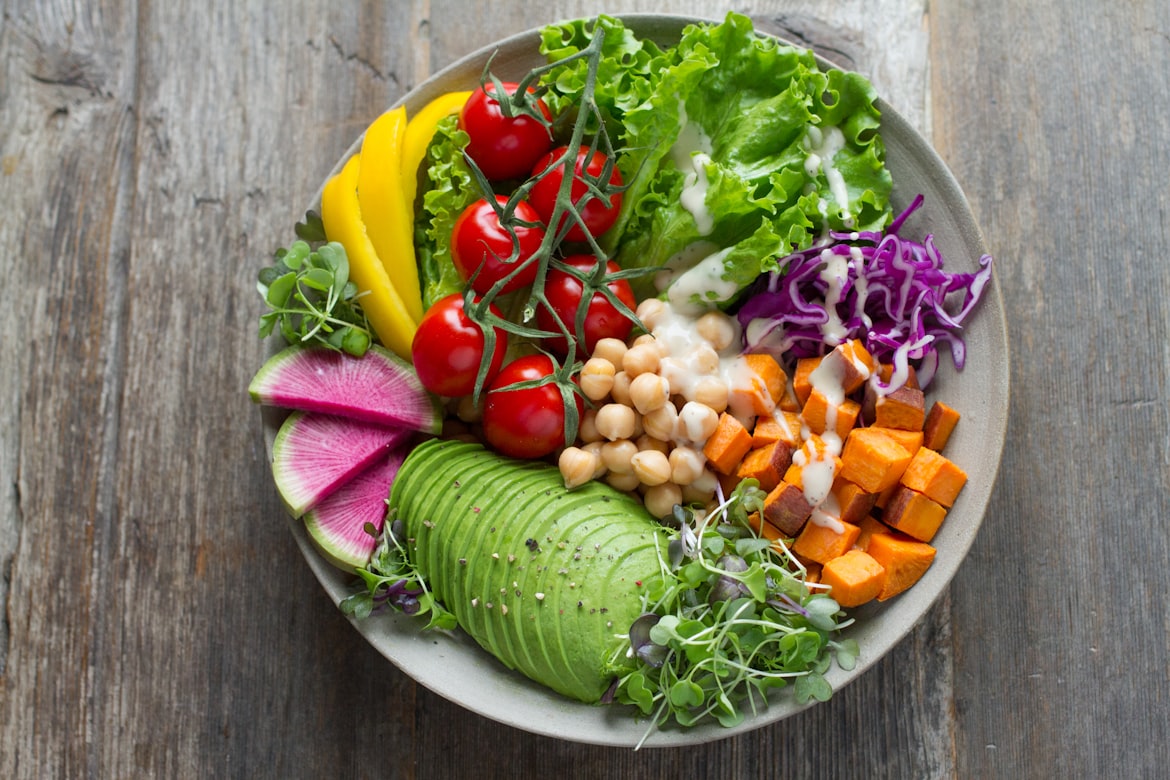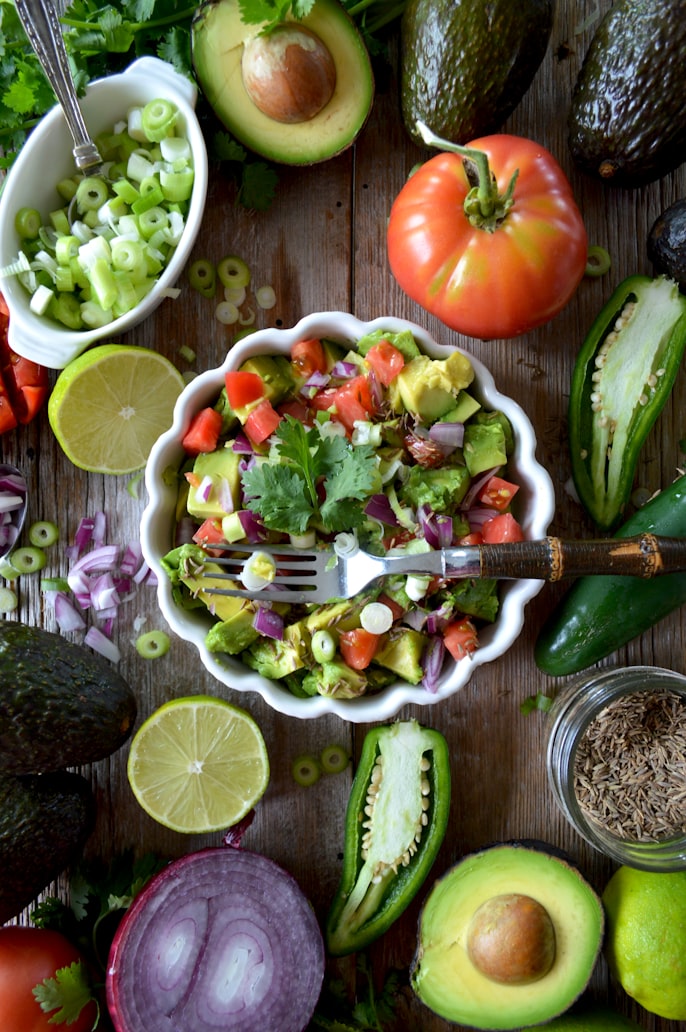Going Green: Busting the Top 5 Myths About Plant-Based Diets

Plant-based diets have gained popularity in recent years, as more and more people are looking for ways to improve their health, reduce their environmental impact, and promote animal welfare. However, despite the growing interest in plant-based diets, there are still many myths and misconceptions surrounding this way of eating.
In this article, we’ll take a closer look at some of the most common myths about plant-based diets and separate fact from fiction.
Myth 1: Plant-Based Diets Don’t Provide Enough Protein
One of the most common myths about plant-based diets is that they don’t provide enough protein. However, this couldn’t be further from the truth. While it’s true that some plant-based foods are lower in protein than animal-based foods, there are still plenty of plant-based sources of protein that can provide all the protein your body needs.
Some examples of plant-based sources of protein include beans, lentils, tofu, tempeh, nuts, seeds, and whole grains. By incorporating a variety of these foods into your diet, you can easily meet your daily protein needs.
Myth 2: Plant-Based Diets Are Boring and Restrictive
Another common myth about plant-based diets is that they are boring and restrictive. However, this couldn’t be further from the truth. Plant-based diets can be incredibly diverse and flavorful, and there are countless ways to prepare and enjoy plant-based foods.
In fact, many people find that plant-based diets are more creative and exciting than their previous diets. By experimenting with different foods and flavors, you can discover new and delicious dishes that you may not have tried otherwise.
Myth 3: Plant-Based Diets Are Expensive
Another common myth about plant-based diets is that they are expensive. However, this isn’t necessarily true. While some plant-based foods can be pricey, such as specialty meat alternatives or organic produce, there are plenty of affordable plant-based foods that can be incorporated into your diet.
Some examples of affordable plant-based foods include beans, lentils, whole grains, frozen vegetables, and seasonal produce. By focusing on these affordable options, you can easily follow a plant-based diet without breaking the bank.
Myth 4: Plant-Based Diets Are Low in Nutrients
Another common myth about plant-based diets is that they are low in nutrients. However, this is only true if your diet is poorly planned and lacks variety. Plant-based diets can provide all the nutrients your body needs, as long as you’re eating a variety of foods and getting enough calories to meet your energy needs.
Some nutrients that are particularly important for plant-based diets include iron, calcium, vitamin B12, and omega-3 fatty acids. These nutrients can be found in a variety of plant-based foods, such as leafy greens, beans, fortified cereals, and nuts and seeds.
Myth 5: Plant-Based Diets Are Difficult to Follow
Finally, another common myth about plant-based diets is that they are difficult to follow. However, this couldn’t be further from the truth. In fact, many people find that plant-based diets are easier to follow than other diets, as they can be more flexible and adaptable to different lifestyles and dietary preferences.
By focusing on whole, plant-based foods and incorporating a variety of flavors and textures into your diet, you can easily follow a plant-based diet that works for you. Additionally, there are many resources available to help you make the transition to a plant-based diet, such as cookbooks, online resources, and support groups.
In conclusion, plant-based diets are a healthy, sustainable, and compassionate way of eating that can provide many benefits for both individuals and the planet. By debunking these common myths and misconceptions, we can help more people to discover the benefits of plant-based diets and make informed choices about their diets.










